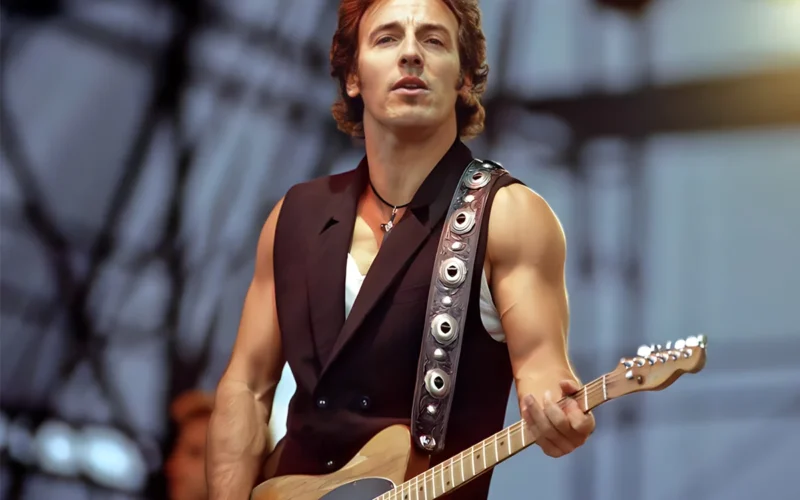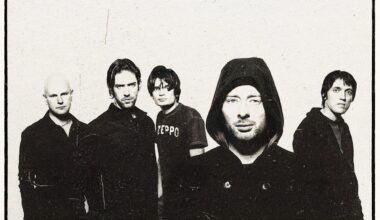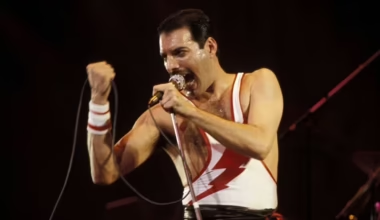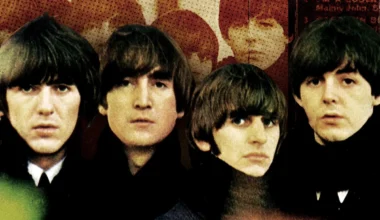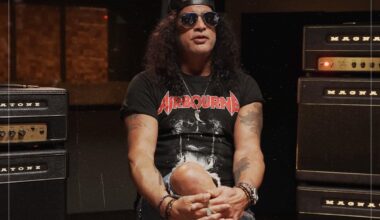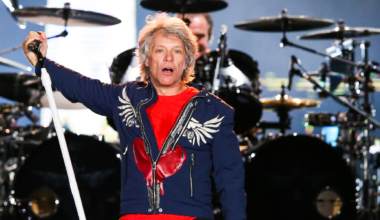Bruce Springsteen has gained the moniker of ‘The Boss’ for many reasons.
The sheer virtuosity of his music and lyrics is the primary part, of course, but above all else, it’s the sheer tenacity of his spirit, which has continued to deliver without stopping for decade after decade, that proves, above all else, that he is truly among the greatest giants in the game.
But this strength most obviously shows itself in many ways, other than just the number of albums, occasions at number one, or the amount of time he’s spent on the road. Whether it’s stage times or song introductions, Springsteen has made a habit of really making things count. In that case, if that means making sure everything he does goes the extra mile – both literally and metaphorically – then you can be damn sure he’ll see it through.
Anyone who has had the luck of going to one of The Boss’ gigs before will tell you that it really is an experience worth your money, because the length of time the man puts into his shows is second to none. But even away from the stage, this sentiment echoes through his songbook as well, with the track ‘Backstreets’ from Born to Run sticking out as a particular example of a tune where Springsteen focused much of his time on the introduction, which clocks in at roughly a minute long.
But why exactly is this? It seems a slightly pretentious break from convention for an artist who has built a brand based on straight-talking and power to the people, that suddenly he spurned something so seemingly contrived and artistic. However, when you consider the story depicted in ‘Backstreets’, of platonic love potentially bursting to break free into something far bigger, the warbling piano introduction does indeed reflect that same kind of journey, from quiet beginnings all the way to the lust-filled unleashing of the crescendo.
Why is ‘Backstreets’ one of the greatest sonic achievements?
With E Street Band member Roy Bittan left to go it solo on the piano and accordion for the best part of 60 seconds in the opening of the song, the impact of his musicianship made it instantly clear that ‘Backstreets’ was a song centred on romantic allure and soulful yearning. It’s so dramatic, so heartbreaking, so mysterious that it almost harbours an element of theatricality, which Springsteen was evidently keen to play into in recounting his tale of silent lovers.
Indeed, despite not carrying any of the instant electrification or rasp of any of Springsteen’s other main hits, ‘Backstreets’ is roundly considered to be one of his finest hits, with fans, band members, and critics alike simply bowled over by the sheer magnitude it packs in its punch, largely owed to Bittan’s introduction. It may seem long and warbling to some on the surface, but it proves that storytelling can also be communicated through sound, and not just lyrics.
In an inverted sense, this is perhaps Springsteen’s greatest strength, hiding in the shadows. People all over the world praise him for his lyrical prose and honesty, which is obviously well warranted, but if you actually consider the musical talent that brews underneath, there’s a whole different level of sonic godliness to worship. ‘Backstreets’ proves just that.
